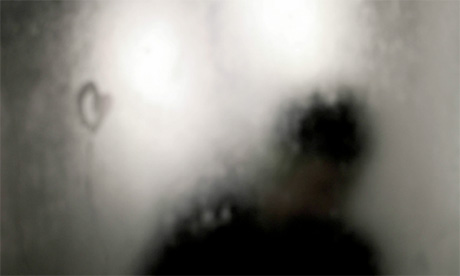In a meeting with Pope Francis, a victim of sexual abuse said with profound sadness and desperation: “Jesus had his mother nearby when he faced suffering and death. But my mother, the Church, left me all alone in my time of pain.”
These few words express the horror of abuse, especially the sexual abuse of minors in the Church. They show how much the Church’s attitude and that of her leaders needs to change.
An especially poignant, religious-spiritual factor comes into play when the perpetrator is a man of the Church.
When someone is abused by a biological father, there is always someone to turn to for help, namely, God.
But when a priest commits abuse, that is someone who by his very office represents God and is referred to theologically as an alter Christus, then the victim’s image of God is obscured and he or she can quickly fall into a dismally dark abyss of loneliness.
Of course, this is not limited to cases where the abuser is a man of the Church but when it does involve a priest it takes on a dimension that is qualitatively different and serious, especially in those for whom faith, liturgy and a relationship with God are important realities.
For many this results in a compromised or completely broken life of faith and lack of trust in God.
The victims: their perspective and their suffering
Those who have been subjected to unspeakable suffering by representatives of the Church and who report the crime and wish to be heard are too frequently simply turned away or reprimanded for being troublemakers who would do better to keep their mouths shut.
This can also lead to serious spiritual trauma over and above the psychological and physical trauma of abuse.
Yet the incredible burden this entails is not clear to everyone in the Church, even to those in positions of responsibility.
One would presume that those whose mission it is to preach the Gospel would understand better than anyone the extent to which some events – in this case, one causing extreme trauma – can weigh upon the core of a believer’s spirituality.
And yet it is surprising how rarely this is the case.
This might also help to explain why some bishops and religious superiors pay greater attention to the political, legal and psychological implications of sexual abuse than the spiritual and theological aspects.
So it comes as no surprise that victims often view the Church’s way of reacting to accusations of abuse as if she were an institution concerned only with herself rather than acting as “a loving mother” (significantly, Pope Francis uses these very words to begin his motu proprio by which he admonishes bishops and religious superiors to assume greater responsibility for uncovering and preventing abuse). Continue reading
- Hans Zollner is a professor of Psychology and the president of the Centre for Child Protection at the Pontifical Gregorian University. He is a member of Pope Francis’ Pontifical Commission for the Protection of Minors.
